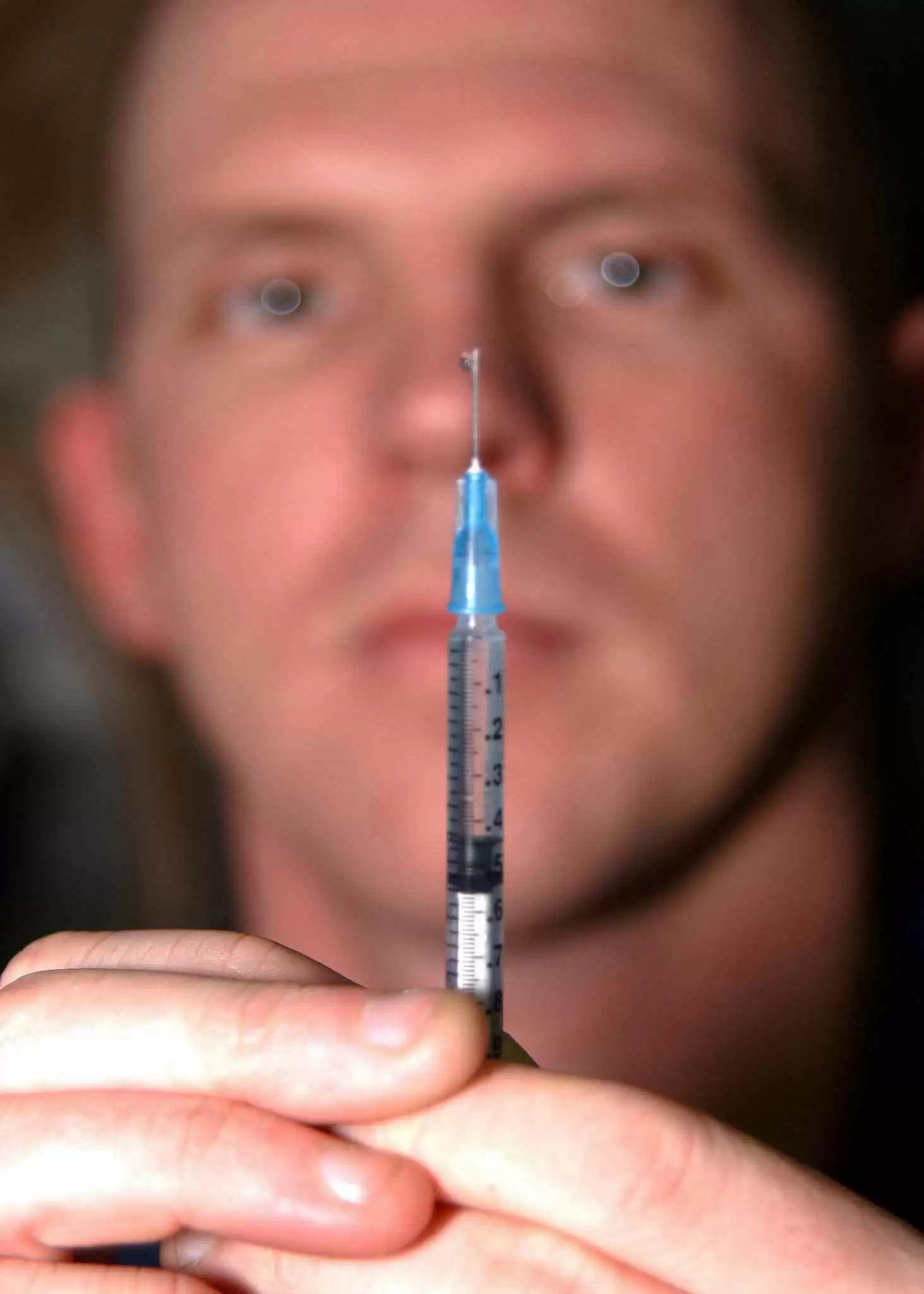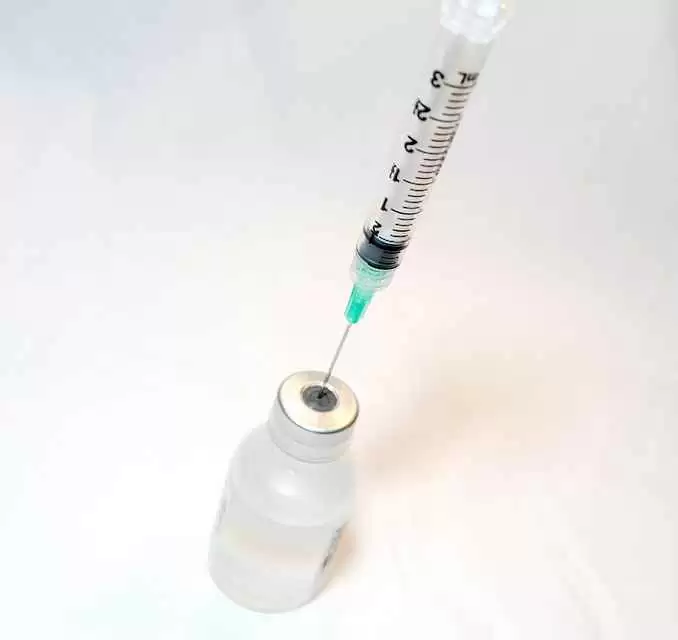
Celiac.com 09/12/2017 - Are we at the beginning of the end for celiac disease? The last few years have seen numerous advances in celiac diagnosis and treatment. People diagnosed recently and in the future face a very different world than that faced by celiacs just five or ten years ago.
In the old days, the process of properly diagnosing involved blood tests, endoscopies, and biopsies. In the near future, a simple blood test may do the trick.
Celiac.com Sponsor (A12):
In the old days, the only treatment was a life-long gluten-free diet. That is still true, but the writing of change is on the wall.
Here are five advances that will change the way celiac disease is diagnosed and treated in the future. These advances may well signal the beginning of the end of celiac disease as we know it.
Blood Test Diagnosis (Without Biopsy)
Researchers are getting better at identifying likely celiac cases using blood tests alone, without biopsy. As these techniques are refined and integrated into medicine, chances are pretty good that in the near future, large numbers of people will be diagnosed for celiac disease without the need for biopsy confirmation.
- Can Antibodies Spot Celiac Disease in Kids Without a Biopsy?
- Kids Can Get Accurate Celiac Diagnosis Without Biopsy
- Celiac Diagnosis Without Biopsy Can Be Useful in Some Cases
Portable Gluten Detectors
Imagine a future where you can take a bit of food you're not sure about, and pop it in a portable tester that will tell you if the food is gluten-free. A few years ago, that might have been the future of science fiction. With several companies looking to introduce just such kits, that future looks a lot more certain.
- Innovative Device Eliminates Gluten-Free Guesswork
- This Device Can Help Tell You If Your Food Is Actually Gluten-Free
Enzymes
Enzymes that break down gluten might help people with celiac disease to enjoy a more normal life by protecting them from minor gluten contamination, and allowing them a bit more confidence when eating away from home. A number of manufacturers are currently working on enzyme treatments that are specifically designed to break down gluten for people with celiac disease.
- AN-PEP Shows Promise in Breaking Down Gluten in Stomach
- Enzyme Shows Promise In Dissolving Gliadin Peptides in Celiac Patients
- Could Carnivorous Plant Enzymes Act Like Beano for Gluten?
- Could Enzymes from Oral Bacteria Treat Celiac Disease
Bio-Therapeutics—Hookworms
They sound gross. The thought of having their guts infected with a parasitic worm makes people's skin crawl. However, researchers have documented the gut healing abilities of parasites like hookworm. When hookworms are introduced into the gut of people with celiac disease in the right amount, and kept at therapeutic levels, patients see their celiac symptoms disappear and their guts return to a healthy, normal condition. While still very much in the experimental phase, researchers are keen to investigate various strains and to determine the best therapeutic levels for these treatments. If all goes well, treatments based on parasitic worms will likely become more viable and more common in the future.
- Celiac Patients Tolerate Wheat Spaghetti After Hookworm Treatment
- Have Celiac Disease? Try a Little Hookworm with that Pasta!
- Can Bloodsucking Parasites Help Treat Asthma and Celiac Disease?
- Controversial Pig Parasite May Soon Be Sold In Germany To Treat Disease
Bio-Therapeutics—Fecal Transplant
Could fecal transplants be used to cure or to treat celiac disease? Much like hookworms, once you get past the 'yuck' factor, fecal transplants are proving to be cheap, easy, reliable way to treat gut conditions like C-Diff and, possibly celiac disease. The idea is to get some healthy poop in your gut to inoculate it with beneficial microbes. The effects are nothing short of astonishing. As they are studied, developed and refined, look for bio-therapeutic approaches like fecal transplant to play a role in treating gut contains like celiac disease.
Vaccine
A vaccine against celiac disease would be a holy grail of sorts. Receive a dose, or maybe multiple doses over time and become immune to the adverse effects of gluten. Several companies are working on a vaccine that would basically eliminate celiac disease. Many of these have moved through the early trial phases and several have shown enough promise to move to trials in humans. This is a very exciting area of research that may pay huge dividends in the near future.
- Celiac Disease Vaccine Set to Begin Full Human Trials
- Would You Try a Vaccine for Celiac Disease?
- Celiac Vaccine Clears First Big Clinical Trial
- This Vaccine Could Be a Game-Changer for People with Celiac Disease
The main takeaway from these developments is that we are now living in an age where the diagnosis and treatment of celiac disease is the focus of tremendous research and development on numerous fronts. Many of these will likely result in products, tests, or treatments for celiac disease that were unimaginable just 5 or 10 years ago.







.thumb.jpg.d8ccdbb71dd5d276bacf435aa9f4427d.jpg)

Recommended Comments
There are no comments to display.
Create an account or sign in to comment
You need to be a member in order to leave a comment
Create an account
Sign up for a new account in our community. It's easy!
Register a new accountSign in
Already have an account? Sign in here.
Sign In Now